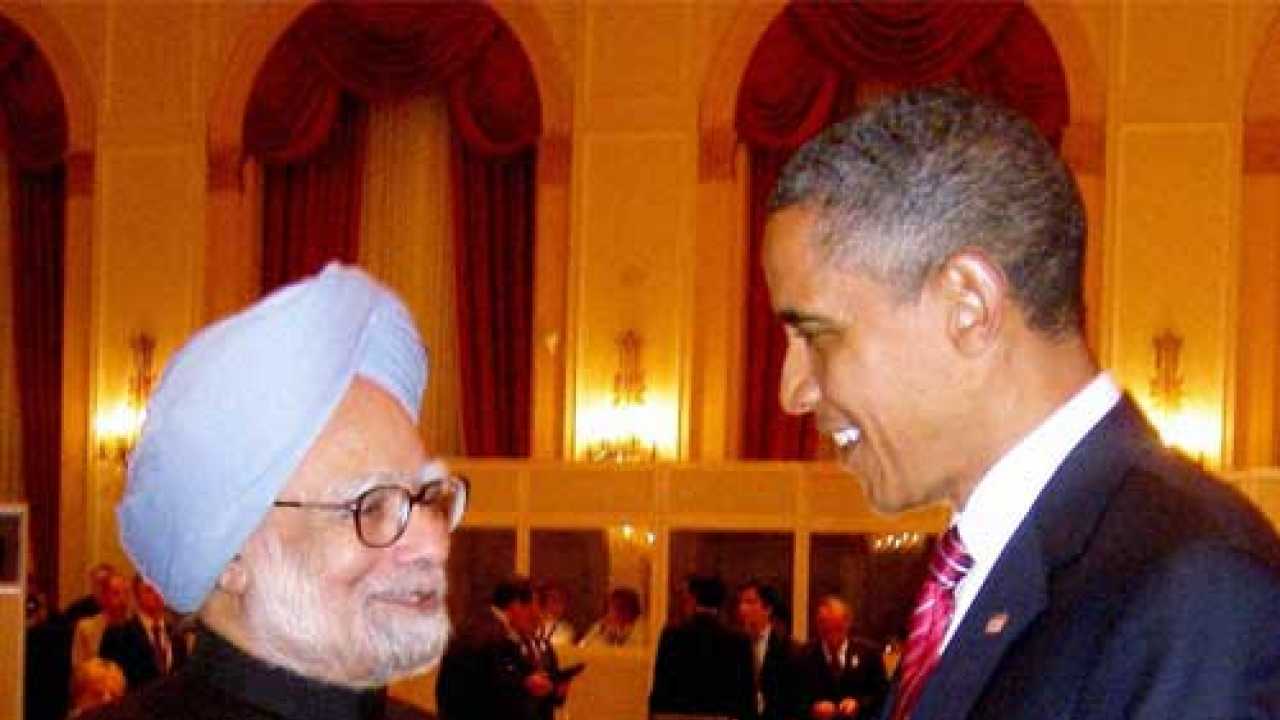
A handful of matters of economic consequence were discussed at the recently concluded G20 summit in St Petersburg, Russia — measures to curb tax avoidance via exchanging relevant information automatically by 2015 and a BRICS currency reserve pool worth $100 billion to steady currency markets among them. In another year, these moves may have occasioned comment.
This time around, they were sideshows. The elephant in the room, inevitably, was the Syria question. Through much of the first day of the two day summit — in official discussions and on the sidelines, in public statements and private briefings — what emerged most clearly was a sense of disunity and lack of purpose. When the first G20 summit of heads of state and heads of government was held in 2008 with the global financial crisis in full swing, it was supposed to be the antithesis of the UN and other multilateral institutions; a relatively small, fleet-footed grouping of some of the world’s most consequential nations, able to make swift decisions when needed. St Petersburg has shown that this has its limits.
There was a curious sense of deja vu to the proceedings. Rarely since the Cold War ended have the US and Russia — the former the primary advocate for a military strike against Syria, the latter Syria’s chief patron — squared off so openly and with such belligerence. As for the rest of the countries, Russian President Vladimir Putin summed it up the most neatly when he divided them into two camps: the France, Turkey, Canada and Saudi Arabia, plus a British prime minister whose push for action against Syria had been voted down by his own legislators, in the US camp, while China, Indonesia, India, Argentina, Brazil, South Africa and Italy backed Russia.
Putin won this particular round on the strength of numbers — he has played a canny hand, managing to turn what seemed an isolated stance just a few months ago into a position of strength — but the debate that emerged was also larger than Syria. In a sense, it was the principle of international consensus and multilateral action that was at stake, just as it had been when former US President George W Bush led his coalition of the willing into Iraq. Whatever Moscow’s motivations — and it would be naive to think that it is a genuine concern for international norms rather than narrow geostrategic concerns that are compelling it —and bearing in mind the fact that it has done its part to hinder serious discussion about Syria, it has managed to position itself on the right side of the divide here. That both UN Secretary-General Ban ki Moon and Pope Francis made clear statements invoking the importance of working within the framework of international norms and laws only lends weight to its position.
The shadow of Bush’s wars still looms over Washington’s dealings in the Middle East; it will not go away anytime soon. By now, it seems clear that unless the UN inspectors’ team in Syria manages to procure incontrovertible evidence of the Syrian government’s responsibility for the chemical weapons attack in late August, the US will be almost entirely isolated. It would do well to heed the lessons of the G20.